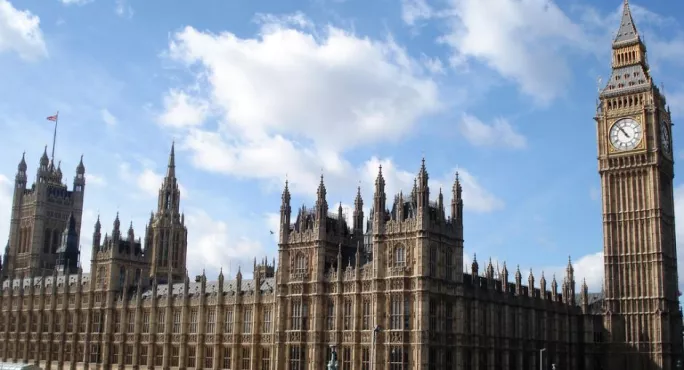It’s already clear that lockdown is having a disastrous impact on the education of poor children.
On every measure, lockdown hits these children hardest.
The government has announced extra funding for schools, but this is poorly targeted and is likely to be ineffective in preventing the learning gap between rich and poor from widening.
As such, the poorest children are soon likely to be further behind other children than at any time in the past two decades.
So much for “levelling up”.
Coronavirus: Reopening schools
The impact on social mobility will be even worse if schools cannot fully reopen in September.
The government must now set out a clear plan for reopening. This is needed by the beginning of July at the latest, if schools are to have time to prepare.
After all, planning for a return to school in September will be a major task for teachers and leaders - that should now be the focus, rather than speculation about bringing back teachers in August.
Meanwhile, if some institutions want to establish “summer schools” focused on child wellbeing or integration of children who are moving into new schools, the government should - of course - support them to do so.
Health, wellbeing and learning
So far, the debate about school reopening has been unhelpfully polarised between those who appear to put health needs first and those emphasising children’s education and wellbeing needs.
It should be clear that we urgently need a plan that addresses both requirements.
Health advisers and educationalists need to come together to construct this plan.
The government should be testing children in schools now, and looking closely at international evidence to see if the partial return to school has boosted viral transmission.
If not, and if the virus is soon far less prevalent in society, then there will surely be a health and education case for reconsidering the extent of social distancing needed in schools in September.
Our aim should be to get all children back in the autumn if the health risks can be safely managed.
Tackling practical concerns
But this could require a whole range of measures for which we need advanced planning:
- A rigorous strategy for testing, tracing and (where necessary) isolation.
- Provision of personal protective equipment.
- Remodelling of how schools work to allow for social distancing and regular hand-washing.
- Clear advice about the social distancing regulations that will be acceptable once the virus is far less prevalent.
Schools will need a clear Plan B, too.
And we need to be transparent about this. If there is a second wave of the pandemic, there may need to be further school lockdowns - perhaps on a local basis.
We should be ready for that, so that every child can receive good quality virtual learning.
The current education lockdown risks destroying life chances for many poor and vulnerable children.
In September, we must have something better - much better - in place.
David Laws is the executive chairman of the Education Policy Institute


